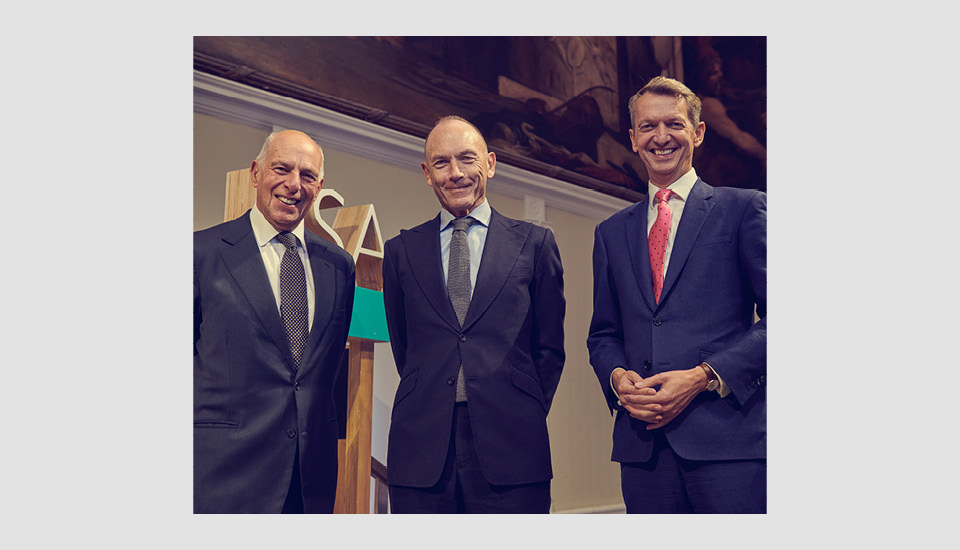
Above: Left to right - Loyd Grossman, Tim Eyles and Andy Haldane
Loyd Grossman confirmed as Trustee Board Chair at RSA AGM
The RSA’s Annual General Meeting was held on 10 October with Fellows from across the globe gathering in person and online to hear updates on RSA initiatives and welcome incoming Trustee Board Chair Loyd Grossman.
Grossman, an author, broadcaster, entrepreneur, heritage champion and musician, was formally ratified as Chair at the AGM, succeeding Tim Eyles who had completed his second three-year term.
In a resolution to approve his appointment, Grossman received 1,247 votes from Fellows in favour, 118 against and 94 abstentions.
In a second resolution – to reappoint Ian Ailles as Trustee and Co-Treasurer of the Trustee Board – Fellows voted in favour by 1,272 votes to 90, with 96 abstentions.
Eyles described Grossman as a “longstanding Fellow with an extremely distinguished career – he has truly diverse skills from which the RSA will be a very fortunate beneficiary”. Andy Haldane, RSA Chief Executive, added: “Like his predecessor, Loyd brings a remarkable array of talents to the table, and I can think of no one better to take us on to the next stage.”
Grossman is a former Chair of The Royal Parks, Gresham College, The Heritage Alliance and the Churches Conservation Trust. He originally worked in journalism before moving into television as a writer and presenter (see profile of Loyd Grossman).
In his acceptance speech, Grossman emphasised the word ‘encouragement’ in the RSA’s full title. “I want encouragement to be a really important theme alongside the overriding principles of optimism and connectivity. I want to encourage more Fellows to get actively involved, and I want to encourage more people to know about what the RSA can do.”
He described the “difficult context” facing all of us both in the UK and internationally. “People are losing hope – and what we have as an organisation is a belief in the future and, working together, we have the power, we have the talent, we have the will to make things better – and I think we can do that.”
Thanking Eyles for his six years as Chair, Haldane highlighted his “extraordinary contribution” to the RSA and praised his “stewardship, leadership and wise counsel”.
“The transformation and modernisation of the RSA over that six-year period has been incredible, and none of it would have happened without the rock and the leadership that has been Tim. You have provided the foundations on which we are now seeking to build and to build big.”
The AGM also featured highlights from the past year in the Fellowship, including the launch of Pay Fellowship Forward, plus updates on RSA Spark, Prosperous Places and Social Connections.
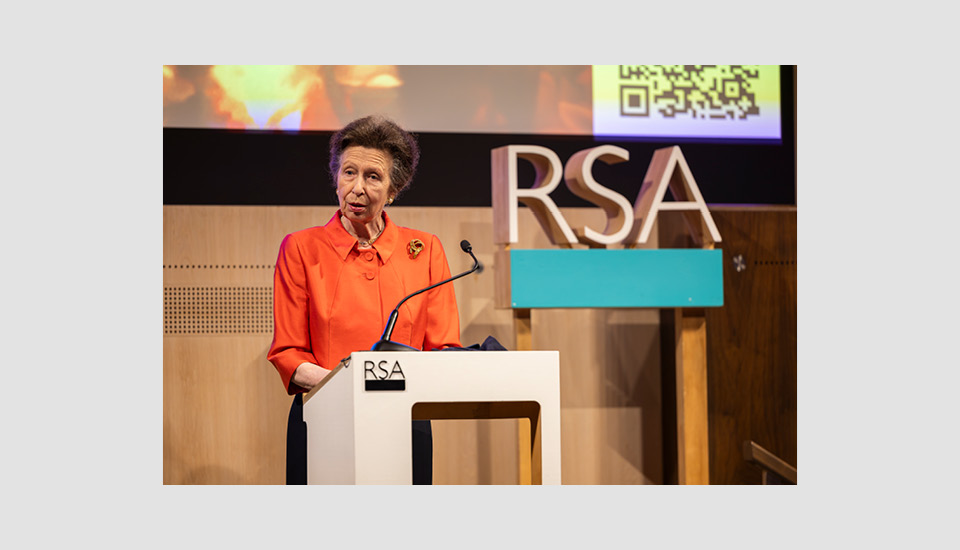
HRH Princess Anne launches Pay Fellowship Forward
Over the past year, several Fellows have approached us expressing a desire to support individuals from economically disadvantaged backgrounds in accessing the Fellowship. In response, we created the Pay Fellowship Forward scheme.
Pay Fellowship Forward is overseen and funded by Fellows, with applications assessed by a committee of Fellowship councillors. It allows current Fellows to contribute towards funding Fellowships for those who otherwise could not afford the fees, and is open to UK-based applicants who have not been a Fellow before.
As we celebrate 250 years of RSA House, we are seeking funds to cover 250 paid-for Fellowships. On 17 October, we hosted our 250th anniversary gala, officially launching Pay Fellowship Forward, and were delighted by the enthusiastic reception and generous support from Fellows in attendance.
We were particularly pleased that our President, Her Royal Highness The Princess Royal, praised the scheme in her opening remarks and called for Fellows to support it. Every donation is vital in ensuring we can award as many Fellowships as possible.
Do you know of any UK-based individuals who would find RSA Fellowship valuable but might struggle with membership fees, such as professionals beginning their careers, those in high-value but low-paid roles, or self-funding artists, inventors or entrepreneurs?
If so, please let them know about this opportunity to join the Fellowship for a year free of charge. Applications for the first cohort are open until 23:59 on 31 December 2024 and will reopen in early 2025. Keep an eye out on Circle or the RSA website for further announcements.
If you have any questions or wish to discuss supporting the scheme further, please do not hesitate to reach out via fellowship@rsa.org.uk.
Beth D’Elia is the RSA’s Fellowship Project Manager.
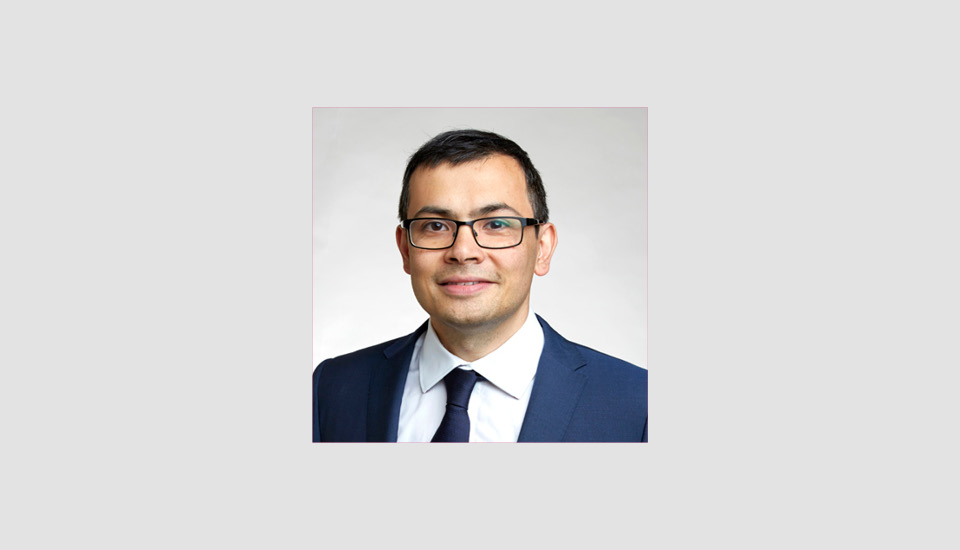
Above: Sir Demis Hassabis
AI pioneer wins share of Nobel Chemistry Prize
RSA Fellow and Royal Designer for Industry (RDI) Sir Demis Hassabis has been awarded a part share in this year’s Nobel Prize in Chemistry for his work on protein structure prediction using artificial intelligence.
Hassabis is the co-founder and CEO of DeepMind (now Google DeepMind), a neuroscience-inspired AI company bought by Google in 2014. He became a Fellow in 2009 and was awarded RDI status in 2021 for his work on AI design.
Along with Google DeepMind’s John Jumper, Hassabis was awarded a half share in the prize. The other half was awarded to Professor David Baker from the University of Washington for his work on computational protein design.
Hassabis said it was the “honour of a lifetime” to win the award. “I’ve dedicated my career to advancing AI because of its unparalleled potential to improve the lives of billions of people.”
Mentoring programme connects Fellows across generations
In October, the RSA proudly launched our Young Fellows’ Mentoring Programme, allowing Fellows to share their expertise with young Fellows keen to build their skills and develop their careers.
At the RSA, we believe in the power of shared skills and experience to help shape the future. By nurturing a new group of leaders, entrepreneurs and innovators, we are creating a unique offering, one that connects Fellows across generations to inspire social impact.
Earlier this year, we piloted the programme with Fellows from around the world. Feedback from this experience was instrumental in creating the new offering. Young Fellow Freya Johns, Founder of Enid Communications, took part in the pilot working with mentor Andy Marshall, Founder and Creative Director of Harrison Brands. She found the insights invaluable.
“As a young entrepreneur, I’ve never gone to a class about how to run a company or how to found a business, do business development or even how you write an invoice.
“By engaging with schemes like this, you can take a lot of softer skills and networking from it, but also practical advice in terms of the realities of building a company from the ground up.”
Mentors also benefit from the process. According to Andy: “I took up this mentorship position because I thought it would benefit the younger Fellows. It intrigued me, but one thing I didn’t realise was how rewarding it was going to be.”
Emma Land is RSA Head of Fellowship Engagement (Products).

Fellowship Annual Survey results
More than 2,000 Fellows completed the 2024 Fellowship Annual Survey, sharing views and feedback from their experiences over the last year. Overall, Fellows’ satisfaction and engagement with the Fellowship increased compared to the previous year. Positive trends were particularly evident among younger Fellows, first-year Fellows and female Fellows.
The survey highlighted the importance of ensuring Fellows understand clearly how to participate in RSA initiatives and feel their contributions are recognised and appreciated.
Over the coming months, we will be improving how we communicate opportunities for Fellows to get involved, ensuring Fellowship is valuable, enriching and impactful for all.
Alex Newton is the RSA’s Head of Fellowship Development and Services.

Meteoric rise as space group becomes a network
The RSA Space Interest Group began as a community of Fellows who gathered informally to discuss the world of space and the space industry. Following its inception, the group saw rapid growth on Circle, quickly becoming the fourth most popular conversation spot on the platform. In November, it reached a significant milestone by evolving from an interest group into a formal RSA network.
The group’s first event, held in July, was a sold-out success, with attendees filling The Steps to capacity. Fellows including Adrian Bowyer, Ana Stan, Daniel Costache, Flow Collingwood, Lucy Mason and Vanja Garaj provided thought-provoking insights into the future of space exploration.
Building on this momentum, the network has an exciting calendar of events in the months ahead. On 11 December, it will host Space for Health, followed by Space for Prosperity and Space for Regeneration.
According to original founder Silviu Pirvu, the Space Network will play a key role in expanding the RSA’s transformative mission beyond Earth. “It will connect Fellows of all backgrounds and their space-infused ideas, initiatives and inspiration to make space an enabler for health, regeneration and prosperity.”
Jessica Robson is the RSA’s Community Manager (Global).
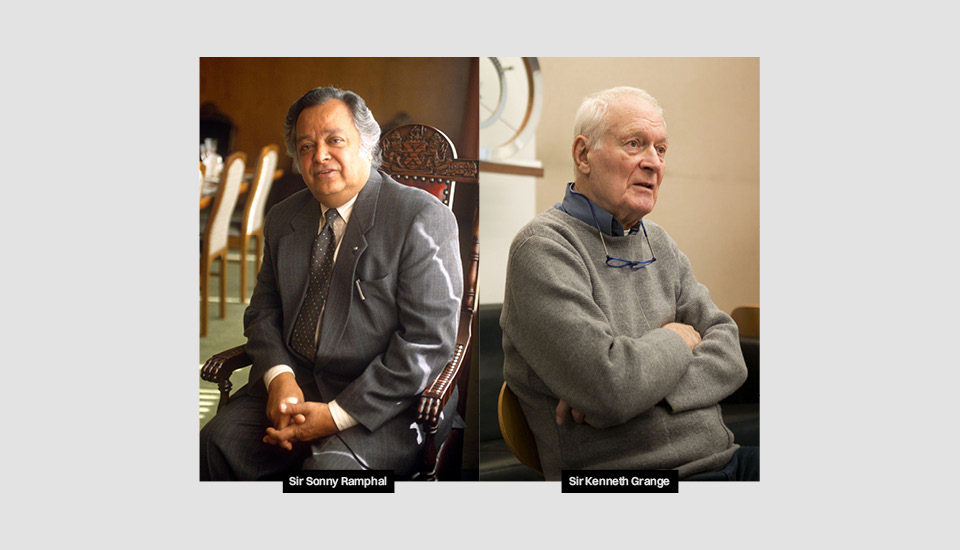
Tributes paid to two ‘giants’ in their fields
Tributes have been paid to two inspirational RSA Fellows who passed away earlier this year following remarkable careers in very different professions.
Sir Shridath ‘Sonny’ Ramphal, former Guyanese politician and Commonwealth Secretary-General from 1975 to 1990, died, aged 95, in August. He was awarded the RSA’s Albert Medal in 1988 for his “outstanding contributions towards accord within the Commonwealth, and his promotion of the worldwide concept of our inseparable humanity”.
Sir Sonny was a tireless advocate for justice and equality, and championed the fight against racism in South Africa. He also initiated early efforts to tackle climate change and launched programmes to address the challenges faced by small states.
The current Commonwealth Secretary-General, Baroness Scotland, described Sir Sonny as a “giant of the Caribbean” who had left an “indelible mark” on international relations.
“His legacy is one of unity, hope and a relentless pursuit of a more just and equitable world, with an influence which extends far beyond the Commonwealth.”
In July, Sir Kenneth Grange, the industrial designer, co-founder of the agency Pentagram and Royal Designer for Industry (RDI), died, aged 95.
Grange was renowned for his designs of household items such as kettles, food mixers, cameras, irons and washing machines. He also designed the interior layout and external shaping of the InterCity 125 high-speed train and a version of the London taxi.
According to Sam Hecht RDI, co-founder of the Industrial Facility studio, Grange was a “giant of a generous man”, who continued to encourage and inspire future generations of industrial designers long after he retired.
“His way was not of seeing design as merely a service to business, but as a responsibility to the people who would use and experience his work, whether riding in a London cab, carving a turkey, taking a photograph or travelling on an InterCity 125 train. He made us all enjoy doing these daily things that ultimately contribute to our culture.”

RSA online shop launched
Local Fellowship meetings bring people together. At a London gathering in June, Eva Pascoe and Vicki Thomas shared their experiences of designing sustainably in the fashion, gift and toy industries. Vicki was keen to open a conversation to involve the RSA in a celebration of the centenary (in 2025) of the social anthropology underlying the gift economy. There seemed to be a synergy.
It was then that the RSA decided to explore the benefits of restoring the production of a merchandise collection. Eva kindly put the Fellowship team in touch with Vicki and Isobel Bushell, a graphic designer and illustrator, in the hope there could be a collaboration and they could share their experiences in gift production and graphic design.
As a result, Isobel is now part of a team of Fellows and RSA staff that developed a pilot collection in November, featuring branded clothing, accessories and greeting cards that include amazing images from our archive.
The RSA has designed a collection and sourced ethical and sustainably aligned producers to create a pilot range that Fellows will want to buy for themselves and as a gift for others.
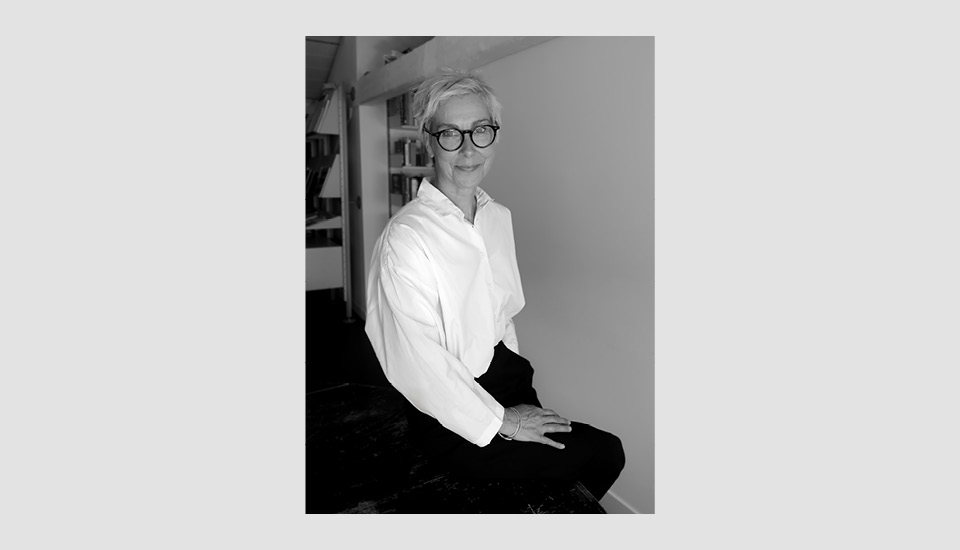
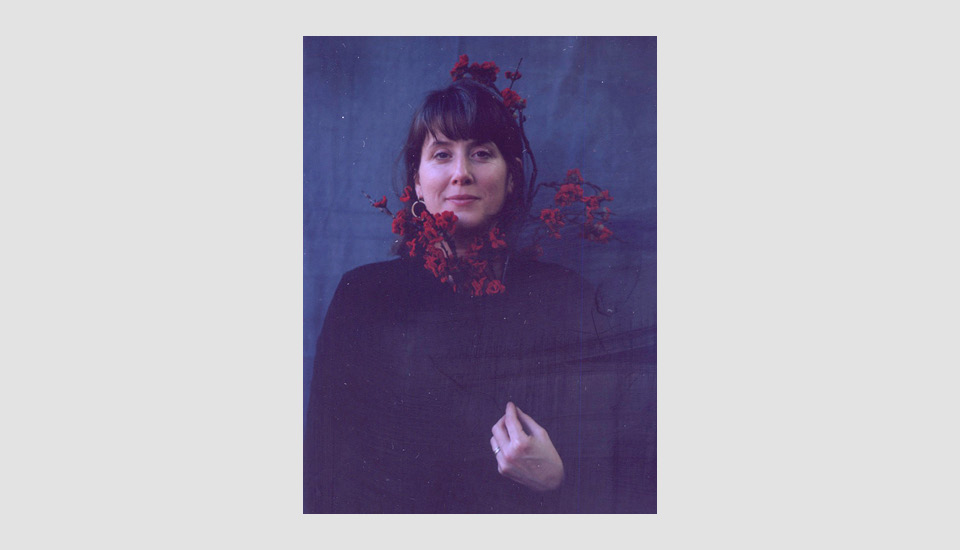
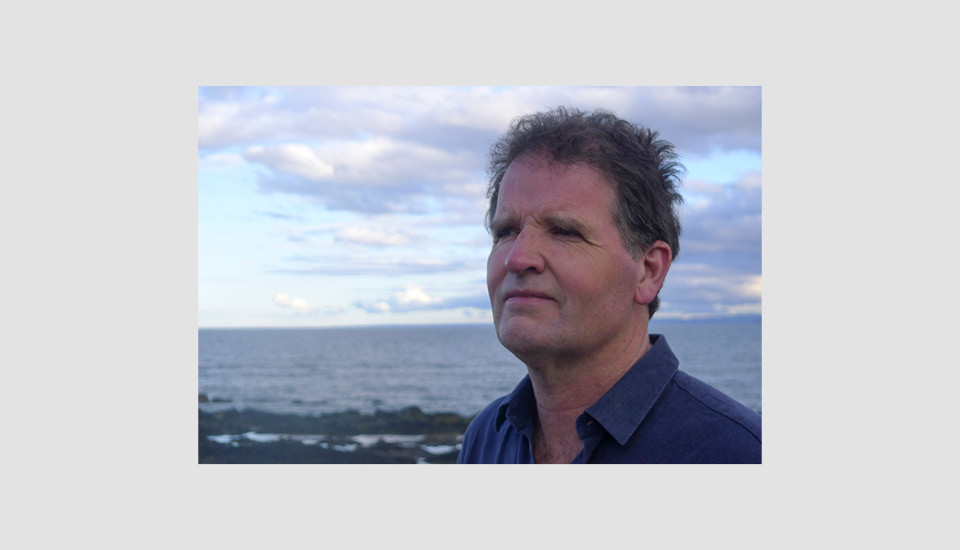
Above: (from left to right) Shona Heath, Lucy Musgrave and Tom Stuart Smith
RDI status granted to seven inspirational designers
‘Inspirational’ and ‘outstanding’ designers from a range of disciplines have been awarded Royal Designer for Industry status – regarded as the highest honour a designer can receive in the UK.
There are three new UK Royal Designers for Industry (Shona Heath, Lucy Musgrave and Tom Stuart-Smith) and four non-UK honorary RDIs (Michael Beirut, Michael Levine, Julia Lohmann and Clary Salandy).
Heath was recognised for her work in film production, most recently on Poor Things, for which she won an Oscar and Bafta for production design; Musgrave, founding director of design consultancy Publica, for promoting excellence in urban design; and Stuart-Smith for his award-winning garden designs.
The honorary RDIs represent equally diverse disciplines: Beirut for his influential work as a graphic designer; Levine for creating costumes and sets for the world’s top opera houses; Lohmann for regenerative design using flora and fauna; and Salandy for carnival arts and costume design.
“The seven designers we have selected are an outstanding group and an inspiration to all of us. We were looking for designers who demonstrated a career of sustained excellence, and, my goodness, they all tick that box,” Charlie Paton, the Master of the Faculty of Royal Designers, told the Journal.
They were chosen for their high-quality design, for the measurable impact of their contribution and for having a career of sustained excellence. Their work also had to align with the climate change, environment and social justice agendas of the RSA and the Faculty of Royal Designers.
“They are a diverse group – working across film production, urban neighbourhoods, landscape architecture, graphics, costumes and sets, the natural world and carnivals – who will add to the breadth and quality of the faculty,” Paton added.
The seven new RDIs were welcomed to the faculty at the annual RDI Address at RSA House on 28 November – with the address delivered by Tom Stuart-Smith, newly recognised as an RDI.
Read more features from the Fellowship in the RSA Journal
-
Circle celebrates one year of uniting Fellows globally
On 15 April 2024, Circle, the RSA’s innovative global online platform, celebrated its first anniversary, with more than 4,000 Fellows having joined the community from around the world.
-
Connecting with the Fellowship
RSA Connect was established to enable members of the executive team to travel beyond London and meet with Fellows to find out about the work they do, hear feedback first-hand and strengthen connections.
-
Young Fellows to benefit from ‘substantial’ bequest
Derek Winterbottom, a Fellow since 1976, has indicated that he will leave a substantial bequest to the RSA and, from this year, will grant a sum of money annually to defray the subscription costs of young people who wish to become Fellows.
-
Courage takes centre stage at Fellows Festival events
This year’s Fellows Festival was more ambitious than ever before — with UK gatherings taking place in Cardiff, Southampton, Newcastle and Birmingham, as well as the London event, and online sessions for those in Italy, Oceania and the US.
Read more Fellowship news
-
The 2024 Angus Millar Lecture
Fellowship news
Fionna Monk
The 2024 Angus Millar Lecture was led by award-winning novelist Andrew O’Hagan on the theme of 'Art, Literature and Truth in the Era of Fake News, Algorithms and Artificial Intelligence'.
-
Facing the future: Scotland's challenges
Fellowship news
Fionna Monk
On 26 November 2024, RSA Scotland discussed Scotland’s future with nine engaging speakers addressing various challenges facing the country. The venue was resonant – a former committee room at the French Institute used in its early days by the Scottish Parliament. This successful event was chaired with deftness and humour by the former Presiding Officer at the Parliament, Rt Hon Ken Macintosh.
-
Strengthening Fellows' global and local connections
Fellowship news
Line Kristensen Fionna Monk
From our online global community platform Circle to enhanced local co-working spaces and personalised communications, we’re doing all we can to facilitate engagement with the RSA.

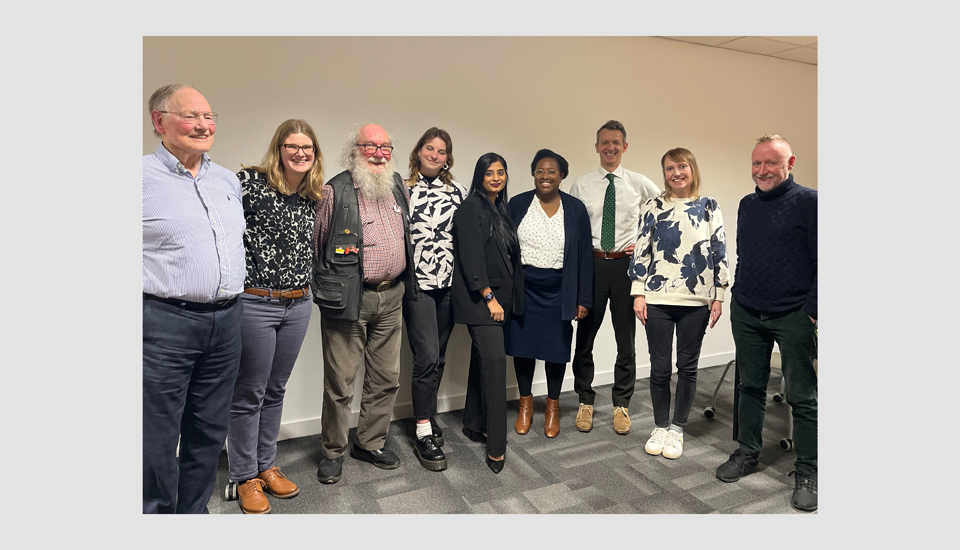

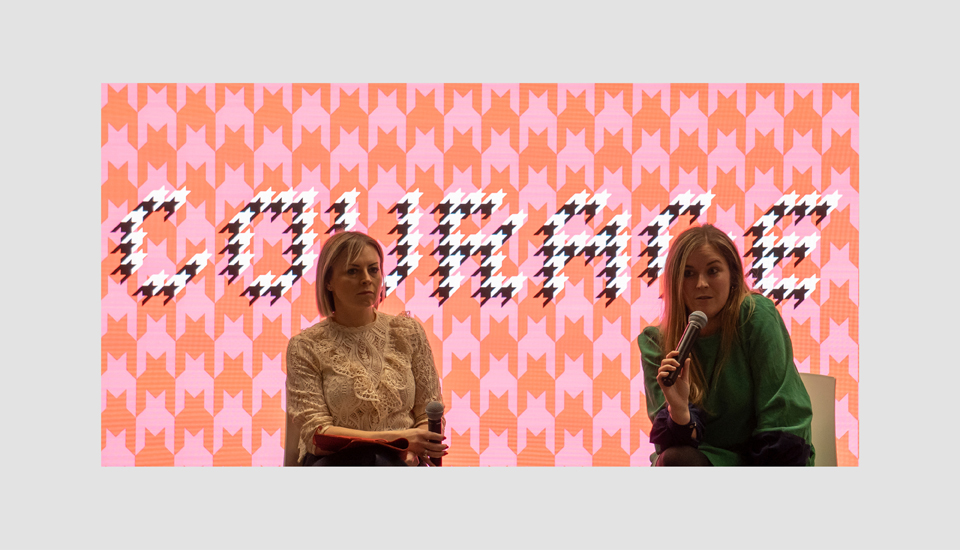
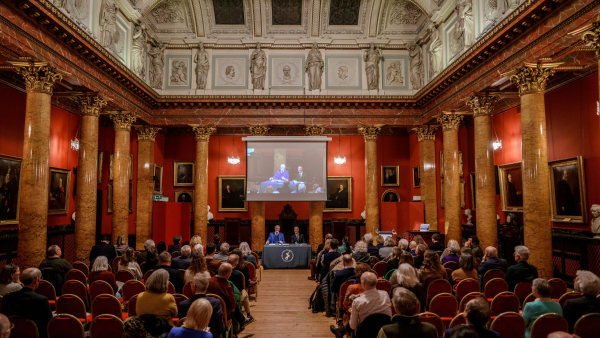
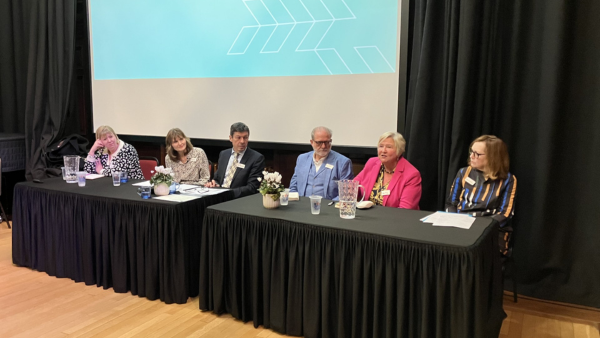
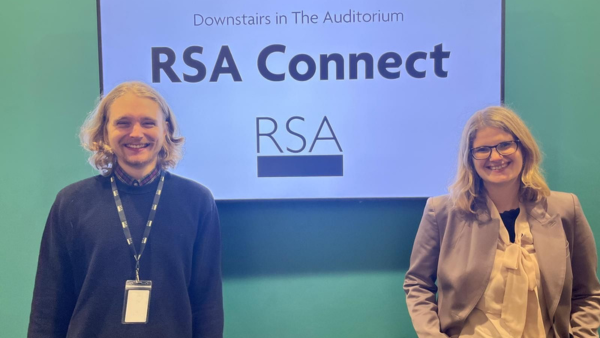
Be the first to write a comment
Comments
Please login to post a comment or reply
Don't have an account? Click here to register.